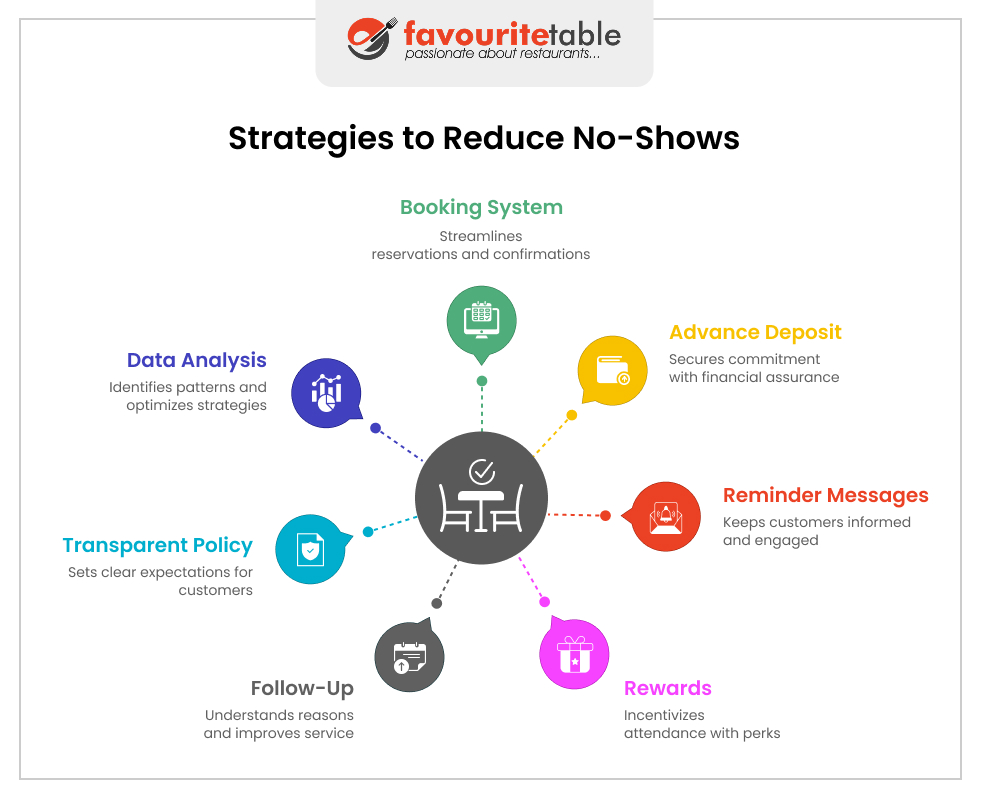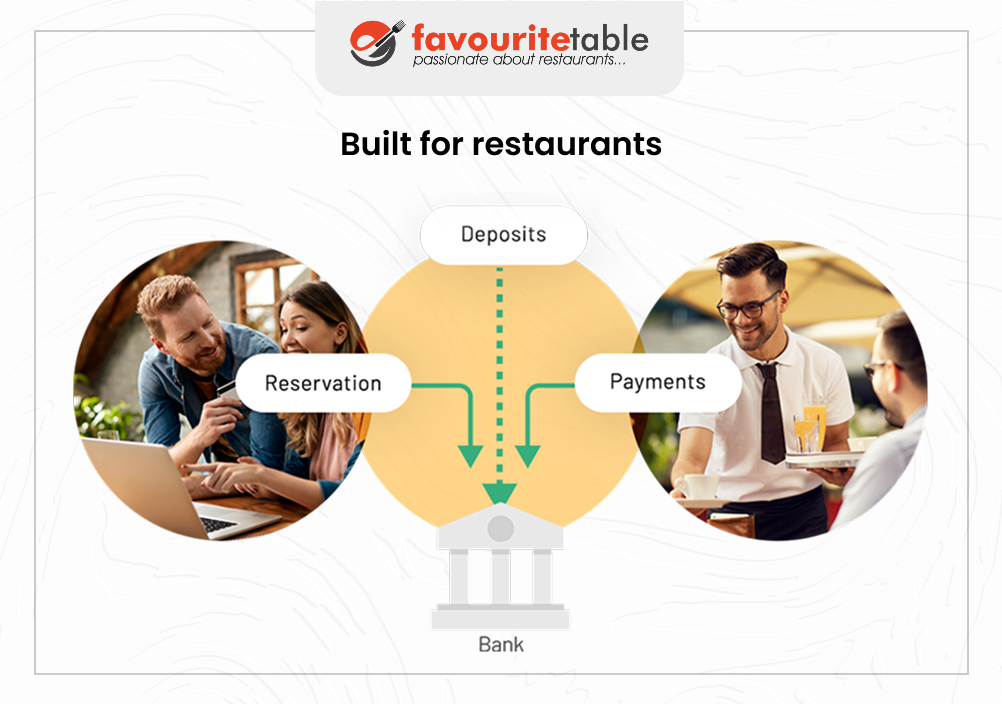Blogs
How to deal with no-shows and maximise preparedness in a restaurant?
The F&B industry is facing numerous challenges, but the no-shows in restaurants, pubs, and bars are hurting the industry the most, according to a survey conducted by Zonal and CGA. The survey found that 25% of bookings converted into no-shows, resulting in an estimated £17.59 billion revenue loss in the United Kingdom.
What is a no-show at the restaurant?
A no-show occurs when a diner books a table online for a restaurant but fails to visit on the booked date and time, without cancelling in advance. It is a loss for the restaurant when a table remains unoccupied while other guests are waiting, especially during busy periods.
No-shows are frustrating, but they are an inevitable part of running a restaurant. When an advanced booked table goes empty, it affects the venue in several ways, including revenue loss, staff scheduling, unwanted waiting lists, and even a loss of confidence. However, just as with every problem-solving approach, there are several ways available to prevent, manage, or even turn no-shows into an opportunity. In this article, we will explore how a restaurant, bar or pub can avoid and overcome the loss of no-shows.
How to deal with no-shows?
Innovative strategies and the right tools can help in dealing with no-shows. We will explore these tools and techniques in this blog.
1. A Well-equipped Restaurant Booking System
2. Advance Deposit or Hold Credit Card Details
3. Multiple Reminder Message Channels
4. Rewards
5. Follow Up on No-Show Appointments
6. A transparent no-show Policy
7. Use Data to Analyse Strategy

1. A Well-equipped Restaurant Booking System
A well-functioning restaurant booking system is an essential technology to minimise no-shows. Your table booking system should enable guests to make automatic bookings and send reminders for table bookings. The restaurant booking system should function as a communication platform between you and your guests. The booking system should be user-friendly, allowing guests to cancel or modify bookings with minimal hassle.
Pro Tips: Favouritetable booking system comes with all innovative functionalities to minimise no-shows.
2. Advance Deposit or Hold Credit Card Details
When your guests book a table, your table booking system should request an advance deposit or credit card details to secure the booking. If they don’t turn or cancel as per your cancellation policies, you can charge them according to your policies. However, clear and timely communication with guests is essential to minimise their frustration when you charge a deposit. Otherwise, they may leave a poor review and might not revisit your restaurant.
Pro Tips: To take an advance deposit even from Reserve with Google, a robust booking system like Favouritetable is essential.
3. Multiple Reminder Message Channels
You can reach your guests through multiple communication channels, such as SMS, Email, WhatsApp messages, and app notifications. Your table booking system should have these channels built in and allow you to send an automatic reminder message.
Pro Tips: Favouritetable robust marketing module allows sending automatic reminders via SMS, Email, and WhatsApp.
4. Rewards
Meaningful rewards are a proven game-changer to minimise no-shows. You can offer several benefits, such as exclusive discounts, loyalty points, or complimentary drinks, that not only tantalise but also encourage your guests to keep their commitments. This reward strategy will motivate your guests to respect their dedication and, overall, have a memorable dining experience.
5. Follow Up on No-Show Appointments
Every no-show is not a loss; it can open another opportunity for the guest to return. You can send a friendly message like We missed you and hope to see you again. A small incentive, such as a complimentary drink or a special discount if they rebook. Additionally, a follow-up feedback form can help understand their reason for not showing up.
6. A transparent no-show Policy
A transparency no-show policy is key to minimise the impact of no-shows. If you have a policy with penalties, such as small payments, ensure it is clearly stated and displayed before booking a table. You should display it clearly in all possible places, such as your website, social media, and emails.
An example of a no-show policy: A 24-hour cancellation notice is required. No-shows and last-minute cancellations may incur a £10 charge per guest.
Such a clear policy sets expectations without sounding harsh.
7. Use Data to Analyse Strategy
Your restaurant booking system collects no-shows when your staff mark a booking as a no-show. These data are significant for understanding some patterns in no-shows, such as day, time, occasion, and party size. If you find any gap, you have the chance to change or adjust your business strategy to minimise the impact of no-shows.
Final Thought
More often, no-shows are not a good sign of a successful business. However, no-shows allow you to analyse and rethink your business tools, such as the reservation system, CRM, guest communication system, and menu, among others. Once you have the right menu and a powerful yet easy-to-use restaurant reservation system, such as Favouritetable, you will experience fewer no-shows, more occupied tables, and happier guests, ultimately leading to a more successful business.




